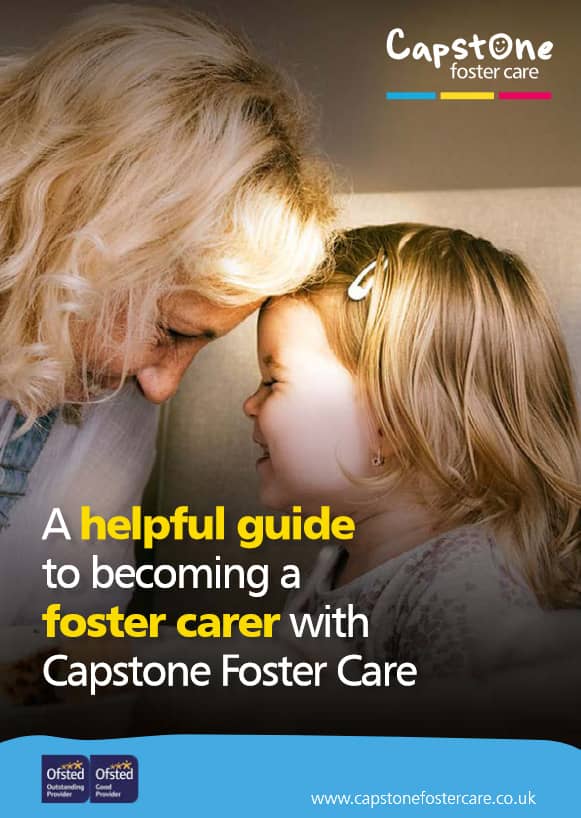


16th July, 2021
Do you want to find out about the steps it takes to become an approved foster carer ? This series of blogs written by DT, a newly approved foster carer, offers a first-hand account from making that initial decision, right through to attending panel and getting approved. Read DT’s previous blog here.
The assessment process started in November 2020. I expected it to be tough because at the end of it, someone would be telling me that I either had the potential to become a foster carer, or that I didn’t which would have felt devastating.
I realise that the process would feel very different for each person due to individual circumstances, but I loved the experience and I mean I really loved it. The chance to work with my assessing social worker was such a learning experience about fostering and what would be required. By the end of the assessment, having analysed my life past and present, I knew myself so much better. There were times my reflections did make me feel sad, but we also had so many laughs and I felt that I was in excellent hands throughout the whole time.
I was asked to bring several documents to the first meeting, including a council bill to show I was up to date with my rates, a bank statement, mortgage statement, passport and drivers’ licence and proof that my cars were taxed, had an MOT and were insured. It was typical that I could not find my birth certificate, so I had to send off for a replacement as this was a requirement.
The process started off with the following forms sent to me to complete via email and reassurance from my assessing social worker not to be too overwhelmed by them, as there was plenty of time to fill them out. The forms included:
We started to chat and I had to describe what I was like as a person. I think I initially came across as quite nervous, but I was soon made to feel more relaxed. There were about 2-3 Zoom meetings where we went through the chronology, my family tree and early childhood. My assessing social worker told me we might as well discuss the reasons as to how I ended up in prison straight away. I just wanted her to see that I was not that person any longer. Afterwards I was exhausted and felt relieved that it had been discussed. We then talked about what might come up on the medical.
The next few sessions were focused on my family tree, and childhood memories. I talked so much and when my report was written up afterwards, there were things there I did not even remember saying!
On the 7th December we started to talk about some challenging behaviours in general that you might expect from a foster child and what strategies I could use to deal with them.
I took a deep breath and one by one admitted to my personal understanding of these behaviours and what they meant to me upon reflection. I knew how important it was to be completely open but thought that the assessment would probably end at that point and that I would not have the chance to become a foster parent. Instead, I was told that my personal experiences and what I had managed to overcome in my life meant that I would have an excellent understanding of what a child was going through and have the ability to help them. I was also told that I potentially could have ended up in care myself. It was at that point that I knew for certain that I would do whatever it took to become a foster carer and would continue to put my heart and soul into the assessment process in the hope of being approved.
Find DT's next blog about part 2 of the assessment process here.
If you’ve got any questions or would like to find out more about fostering with Capstone, fill out the form below.
An experienced fostering advisor from your local area will then be in touch.
By signing up, you will receive our latest fostering stories every two months.

Start the conversation today. Our team of friendly advisors are on hand to answer any foster care questions you may have. We can offer you honest and practical advice that can help you decide if becoming a foster carer is the right path for you.


